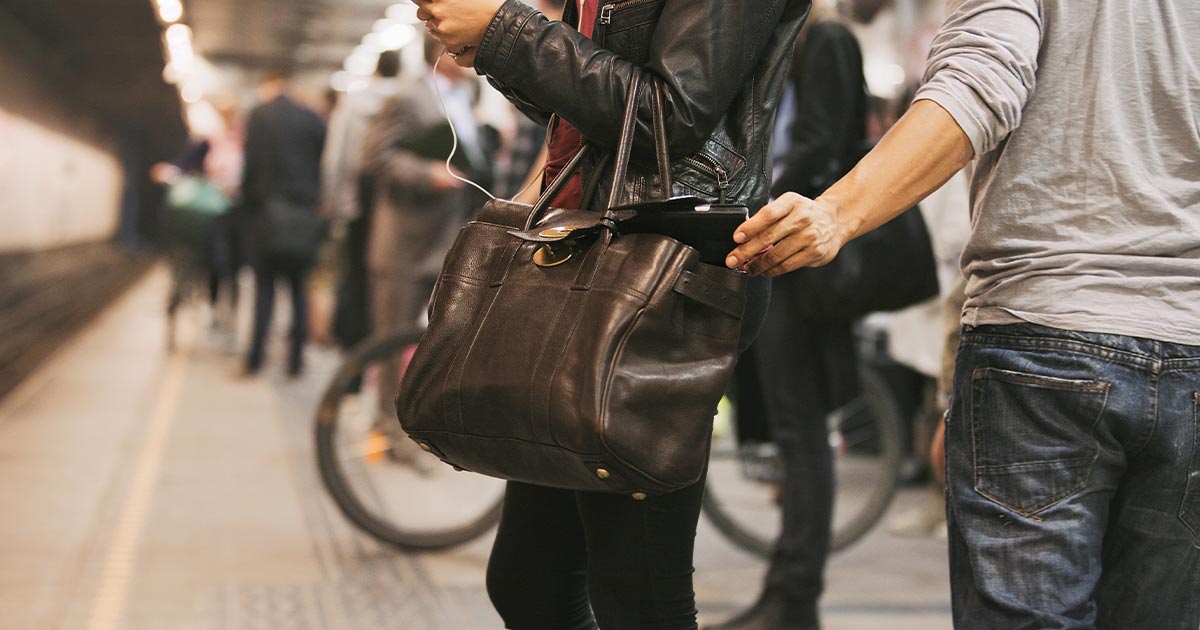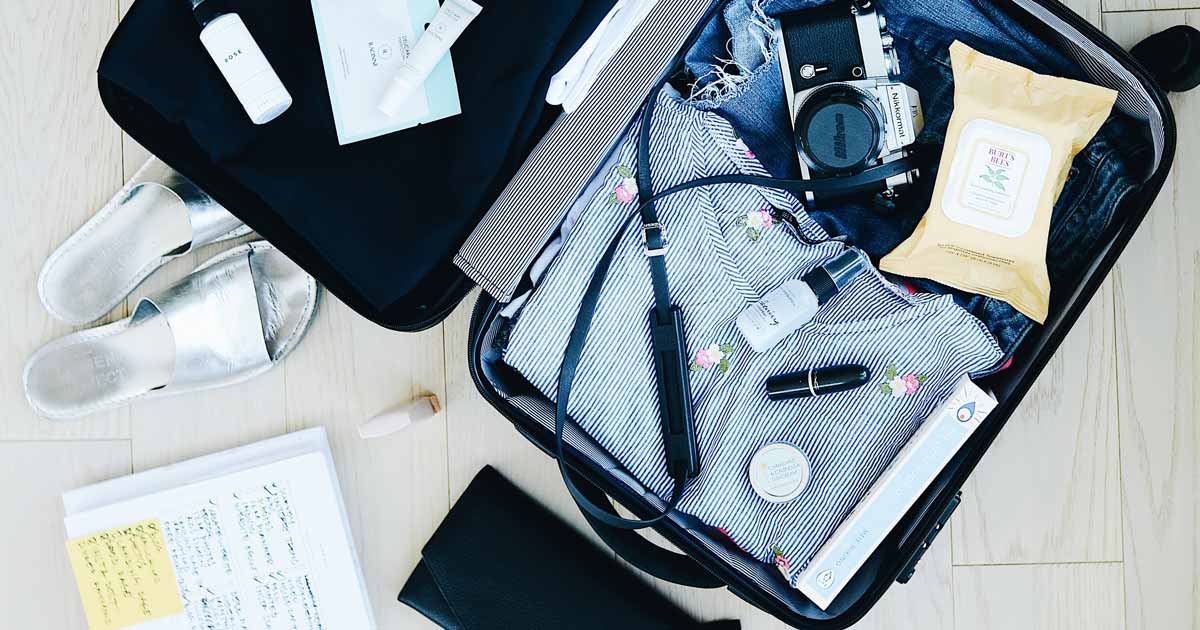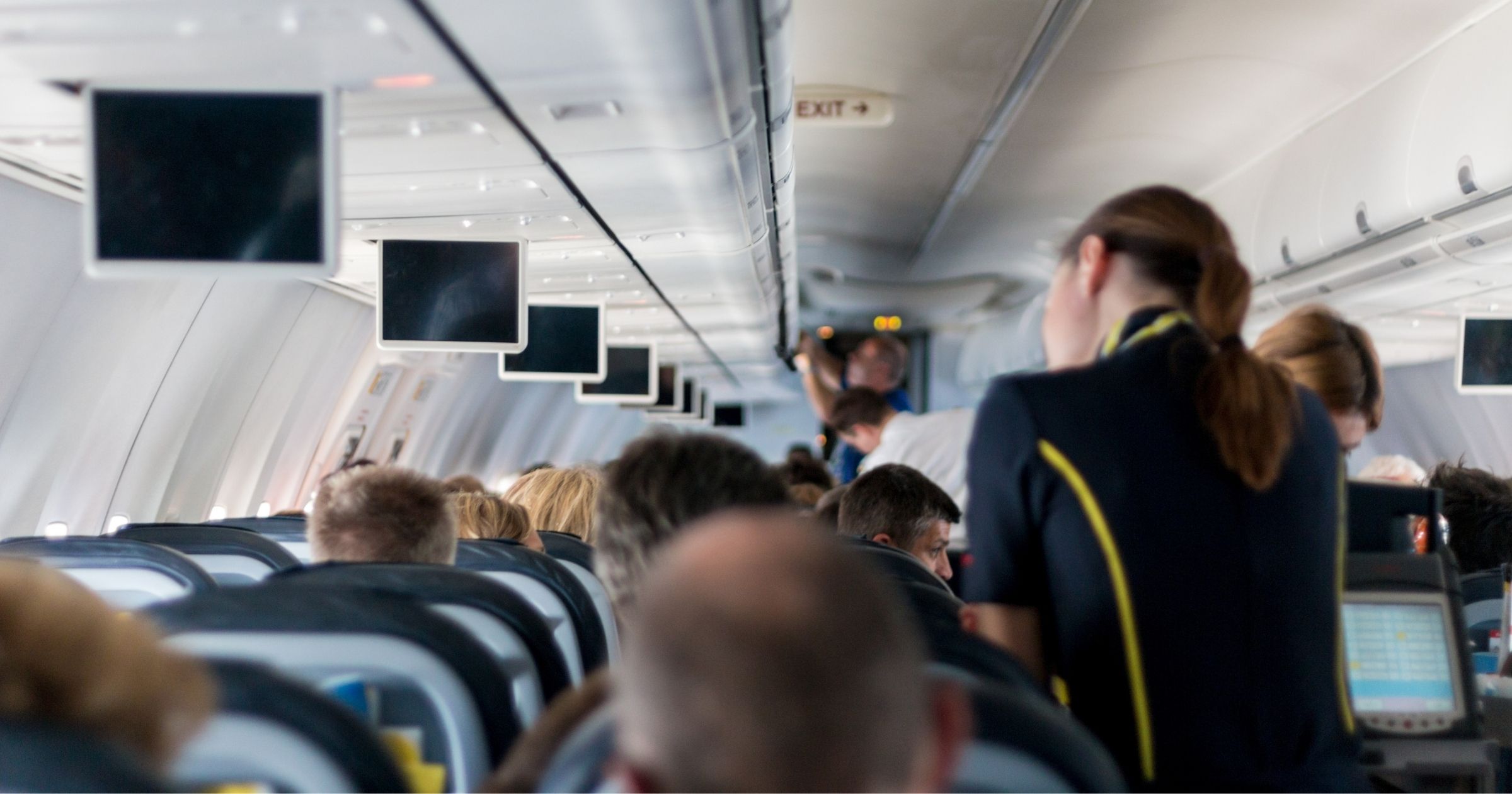
Pickpocketing and Theft Abroad: How to Prepare, Prevent and Respond
Traveling overseas can be an exciting opportunity to experience new environments and cultures, but it does require diligence and awareness. After all, any place that's foreign to you means the unexpected could be right around the corner—especially thieves and pickpockets. Unsuspecting travelers can easily become prey to suspecting predators, and a dream vacation could end in an unpleasant wakeup call.
To help avoid that, we've uncovered some tips and resources, following advice from the U.S. State Department, AARP, and Rick Steves, a renowned travel authority.
BEFORE YOU GO
Take the right first step. Register for the U.S. Department of State's Smart Traveler Enrollment Program (STEP) at step.state.gov/step. With this free service, you can enroll your trip and receive safety and security updates from the local embassy—and make it easy to be contacted if an emergency arises. Embassies and consulates are available 24/7, so be sure to save information for the nearest one.
Photograph and make multiple copies of key documents. Keep paper copies with you, but separate from the originals, and entrust the other copies with friends or family. Electronic copies should be saved in a secure online location. If something goes awry, you'll want more than one way to access proof of identity and other pertinent information.
Research ahead of time. On travel.state.gov/destination, you can search for your destination and learn about security concerns and any area-specific alerts, guidelines, and regulations.
WHILE YOU'RE THERE
Use a money belt or similar pouch—to hold cash, tickets, IDs and other items you wouldn't want to lose. We're not talking about a fanny pack. In fact, those can be pretty easy targets. Opt for something that can be tucked or secured in your clothing or worn around the waist or neck; concealed, yet accessible to you. If you're carrying a backpack, use a zipper lock and/or wear it backward.
Leave valuables in your hotel room, or at home. Unless you absolutely need your expensive jewelry or electronics, don't even pack them. If you do bring them, store them in a hotel safe or in your room, out of plain sight. Even expensive-looking luggage can attract the wrong eyes, so go for something nondescript instead.
Secure your phone and camera. Your phone not only holds snapshots of precious memories, it also contains personal information and serves as a lifeline in contacting others. Setting it on a table or holding it up loosely to take a pic could leave it up for a quick grab—so don't get too lax. If you carry a camera, use a strap and keep it secured to your body.
Stay alert and maintain your guard. Whether you're a little jetlagged or simply in awe of your surroundings, losing yourself for a moment could mean losing valuable items—whether it's to a pickpocket or to your own absentmindedness.
WHAT TO WATCH FOR
Pickpockets, con artists, and theft rings are clever and will find ways to separate even the savviest travelers from their possessions. The best way to not fall into their traps is to know how and where they operate—and stay up to date on the latest stunts.
Tourist attractions, train stations and public transport, museums, street performances, and ATMs are just a few of their hangouts, and while big cities are more prone to crime, it can happen in small towns, too.
Thieves often work in teams, with one conducting the distraction while the other does the stealing. Their ploys include dropping coins or other items in an attempt to get you to courteously bend over to help—and thereby expose your wallet or lose track of your attention.
"Accidentally" spilling coffee or squirting ketchup on you (and even faking a bird dropping on your shirt) are other ways a stranger can get too close, under the guise of assisting you with cleanup. An individual pretending to be in distress is another common trick.
And, in crowded areas, a seemingly innocent bump or elbow—or getting sandwiched—might be expected, but it may be more than that. Here's where those earlier precautions really come in handy.
HOW TO GET HELP
If you've done all the right things, but still encounter a mishap, the nearest U.S. embassy or consulate can help; most importantly in replacing a lost or stolen passport. They can also assist with contacting friends and family, facilitate access to medical care, explain financial assistance options, if needed, connect you with an English-speaking lawyer and more.
Written by Allison Kay Bannister, Contributing Writer for Groups Today.
This article originally appeared in the Nov/Dec '23 issue of Groups Today.



